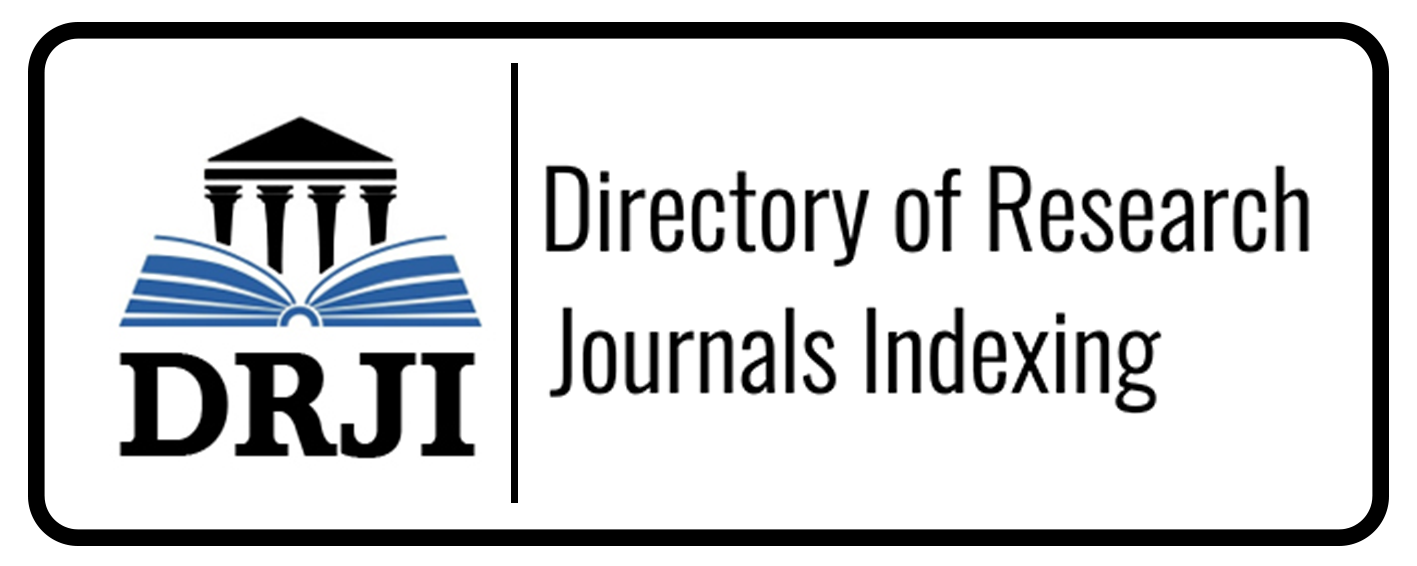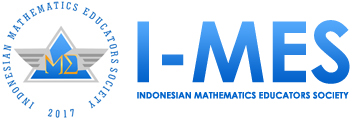
Publication Ethics
Publication Ethics
JDIME: Journal of Development and Innovation in Mathematics Education is a peer-reviewed journal committed to upholding the highest standards of publication ethics. JDIME is committed to upholding the highest standards of publication ethics and takes all possible measures against any publication malpractices. All authors submitting their works to JDIME for publication as original articles attest that the submitted works represent their own contributions and have not been plagiarized or copied in whole or in part from other works. This ethical statement is based on the guidelines of the Committee on Publication Ethics (COPE). This policy outlines ethical duties and responsibilities for editors-in-chief, editorial board members, reviewers, authors, publishers, and the broader academic community.
All parties involved in the publication process must commit to fostering a transparent, objective, and accountable scholarly communication environment, free from discrimination based on race, gender, religion, political affiliation, or other non-academic factors.
Duties of Authors
Authors are responsible for ensuring the integrity and originality of their submitted manuscripts. Authors must:
- Submit only original, unpublished work that is not under consideration elsewhere.
- Avoid plagiarism, data fabrication, falsification, or redundant publication.
- Provide proper acknowledgment of sources and ensure accurate citations of influential publications.
- Ensure that all listed authors made substantial contributions to the research and have approved the final version.
- Inform the editor immediately if significant errors or inaccuracies are discovered in their published work.
- Seek formal withdrawal approval if they wish to submit the manuscript elsewhere.
Duties of Reviewers
Reviewers play a critical role in maintaining the scientific quality of JDIME. Reviewers must:
- Evaluate submissions objectively, fairly, and constructively, providing timely feedback.
- Disclose any conflicts of interest prior to accepting review tasks.
- Refuse to review if lacking subject expertise or facing competing interests.
- Keep all manuscripts and related information confidential.
- Report suspected ethical misconduct, such as plagiarism or redundant publication, to the editors.
- Adhere to agreed deadlines and request extensions only with editor approval.
Duties of Editorial Board Members
Editorial board members are expected to:
- Actively support the development, reputation, and visibility of the journal.
- Serve as ambassadors for JDIME within the academic community.
- Review assigned submissions professionally and impartially.
- Provide advice to the editor-in-chief on journal policy and ethical concerns.
- Promote ethical conduct and publication integrity among contributors.
Duties of the Editor-in-Chief
The Editor-in-Chief holds ultimate responsibility for the editorial content and integrity of the journal. Their duties include:
- Making publication decisions based solely on academic merit and peer review.
- Maintaining confidentiality of all submissions and communications.
- Ensuring fair and transparent peer review by assigning appropriate reviewers.
- Actively seeking feedback from editorial members, reviewers, and authors to enhance the journal's quality.
- Taking decisive action in cases of proven misconduct, including corrections, retractions, or retractions with notice.
Data Transparency and Integrity
JDIME encourages authors to promote open science by sharing research data, codes, and methodologies whenever possible. This supports reproducibility and the verification of results by the scientific community. Authors are encouraged to make their data publicly available and ensure the reproducibility of their research findings. JDIME supports open data practices to strengthen the integrity and replicability of research.
JDIME is dedicated to fostering an ethical publishing culture and ensuring the credibility of the scholarly record in mathematics education. We expect all stakeholders—authors, reviewers, editors, and publishers—to adhere to these principles in every stage of the publication process.
Handling of Misconduct
JDIME is proactive in preventing and responding to academic misconduct. Allegations of ethical misconduct (e.g., plagiarism, data falsification, duplicate publication) will be investigated thoroughly. Actions may include:
- Retraction or correction of published articles.
- Informing relevant institutions or funding bodies.
- Banning authors from future submissions.

























 JDIME: Journal of Development and Innovation in Mathematics Education (e-ISSN
JDIME: Journal of Development and Innovation in Mathematics Education (e-ISSN 
